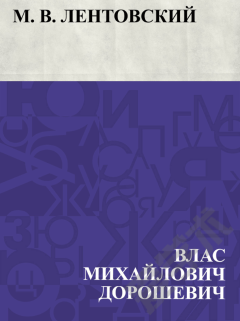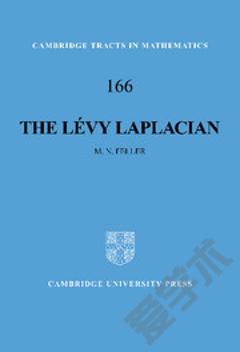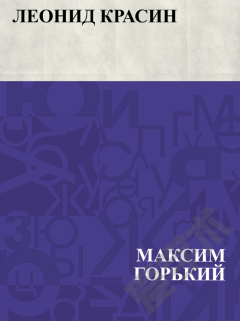Lev Vygotsky
Lev Vygotsky, the great Russian psychologist, had a profound influence on educational thought. His work on the perception of art, cultural-historical theory of the mind and the zone of proximal development all had an impact on modern education. This text provides a succinct critical account of Vygotsky's life and work against the background of the political events and social turmoil of that time and analyses his cross-cultural research and the application of his ideas to contemporary education. René van der Veer offers his own interpretation of Vygotsky as both the man and anti-man of educational philosophy, concluding that the strength of Vygotsky's legacy lies in its unfinished, open nature.
{{comment.content}}








 京公网安备 11010802027623号
京公网安备 11010802027623号